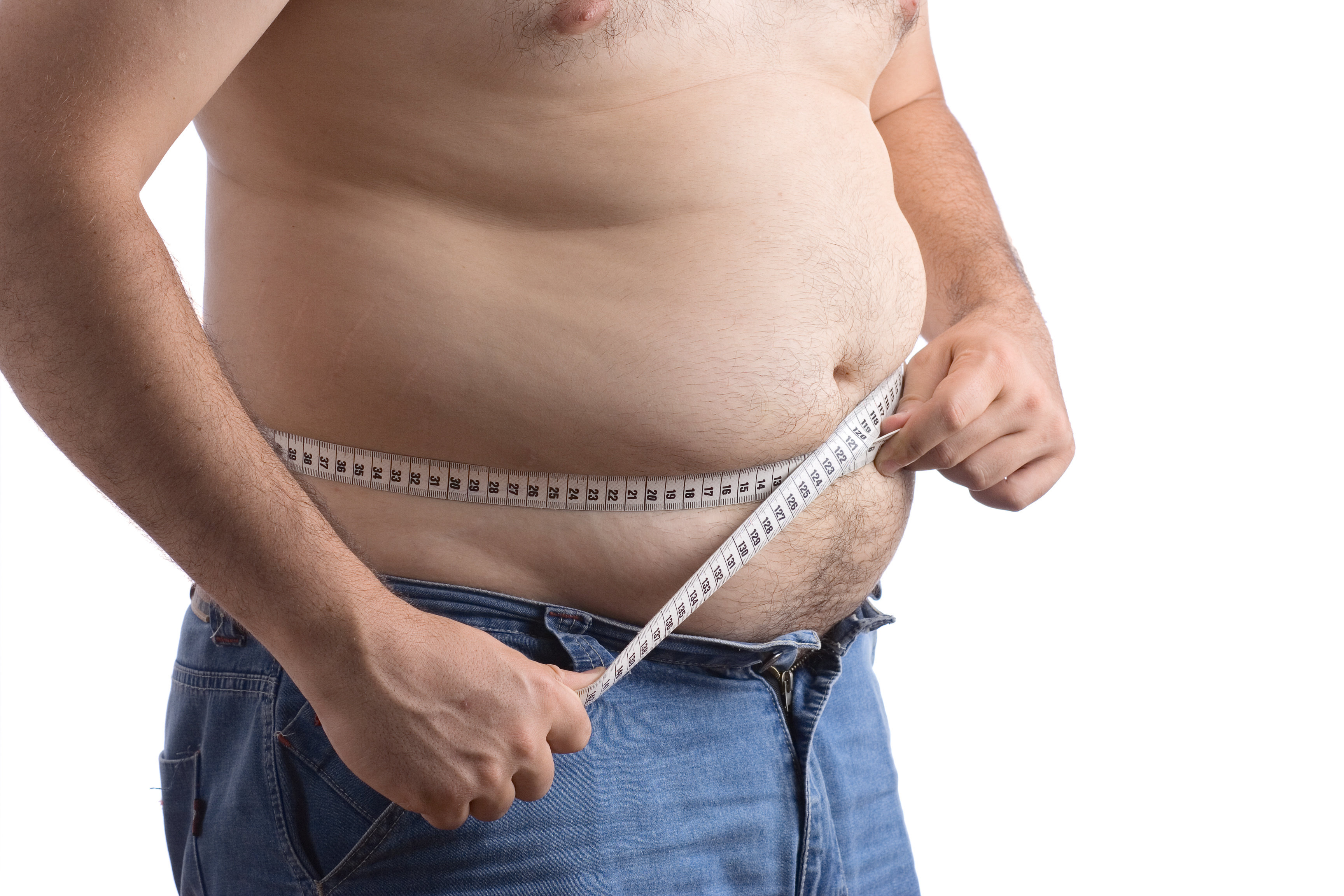Criteria for metabolic syndrome
Any 3 of the following criteria are necessary for diagnosis.
- A triglyceride level of 150-mg/dl or higher.
- High-density lipoprotein cholestrol, that is HDL (Bad) cholesterol <40-ml/dl in men or <50-mg/dl in women.
- Blood pressure >130/80-mmHg.
- Fasting plasma glucose of 100-mg/dl or higher.
- Abdominal obesity (waist circumference of >40-inches in men or >35-inches in women).
What can help?
Follow a well-balanced diet with reduced carbohydrate and fat (low cholesterol, very little saturated fat). See a dietician to help formulate a diet plan.
Exercise, such as very brisk walking, for at least 150 minutes per week is essential.
Treatment goal is to
- lose >5% of baseline body weight.
- get triglycerides <150-mg/dl
- get HDL (good) cholesterol >40-mg/dl in men and >50-mg/dl in women.
- Keep blood pressure under 130/80
- Get fasting blood glucose <100 mg/dl. The 2-hour postprandial blood sugars should be kept <140-mg/dl.
- If there is microalbuminuria (protein) in the urine test, your doctor may prescribe an ACE inhibitor.
Be Informed. Get In Control. Prevent.
Better late than never
Our Blog
Follow Along
Exercise
Exercise and Diabetes: A Powerful Tool for Better HealthRegular exercise is one of the most effective ways to manage diabetes. Whether you have type 1, type 2, or are at risk (prediabetes), physical activity can significantly improve your blood sugar control and...
Genetic Risk of Transmitting Diabetes
Estimate your Risk Genetic Risk of Transmitting Diabetes Type 1 Diabetes: The risk of developing Type 1 Diabetes in the general population is about 0.6%. In the case of an identical twin with Type 1 Diabetes, the unaffected twin has a 50% chance of developing...
Calculate Your Basal Metabolic Rate
BMR: the energy needed for basic existence Calculate Your Basal Metabolic Rate Metabolic Rate -Total Calories Needed Basal Metabolic Rate (BMR) is the number of calories your body needs for all your body's basic functions at rest. To calculate your Basal...
Classes of Diabetic Medications Including Insulin
Both generic and nongeneric Classes of Medications Used In Type 2 Diabetes: Biguanides: Drugs in this class are Metformin (Glucophage ER, Glumetza, Riomet, and Fortamet). Sulfonylurea: Drugs in this class include Glipizide (Glucotrol and Glucotrol XL),...
Blood Pressure Goals
Hypertension or High Blood Pressure Blood carries nutrients and oxygen to every cell of the body. A certain amount of pressure is needed to move your blood through the blood vessels. If the blood flow is decreased, the cells and tissues are deprived of vital nutrients...
Alternative Insulin Delivery Devics
Alternative Ways For Taking Insulin Many people with diabetes must take insulin to manage their disease. Most people who take insulin use an insulin Pen or needle and syringe to inject insulin just under the skin. Several other devices for taking insulin are...
Hyperosmolar Non Ketotic State
Maybe Presenting sign of Diabetes. Hyperosmolar Hyperglycemic Nonketotic Coma (HONK) Type 2 Diabetics can develop this life-threatening condition when they are subject to severe medical stress such as infection or heart attack. Sometimes, Type 2 Diabetes is...
High Blood Sugar
Important to understand High blood Glucose (Hyperglycemia) Symptoms of elevated blood glucose are, Increased thirst. Increased urinary frequency with increased urinary volume. Increased appetite. Weight loss. Tiredness. Headache Dry, itchy skin Abnormal healing of...
Diabetic Medications: Pros and Cons
Which medication should I take? Pros and Con of Various Diabetic medications Metformin: Metformin is usually the 1st line medication for Type 2 diabetes. This should be avoided in severe congestive heart failure, severe liver disease such as cirrhosis, active...
Diabetics And Alcohol
Diabetics and Alcohol Diabetic specialists generally agree that one drink a day is safe for diabetics, never more than two drinks. Avoid drinking alcohol on an empty stomach since it can cause low blood sugar, especially with certain diabetic medications or...
Contact Us
The newsletter is only sent if there are any new blogs or articles added.

